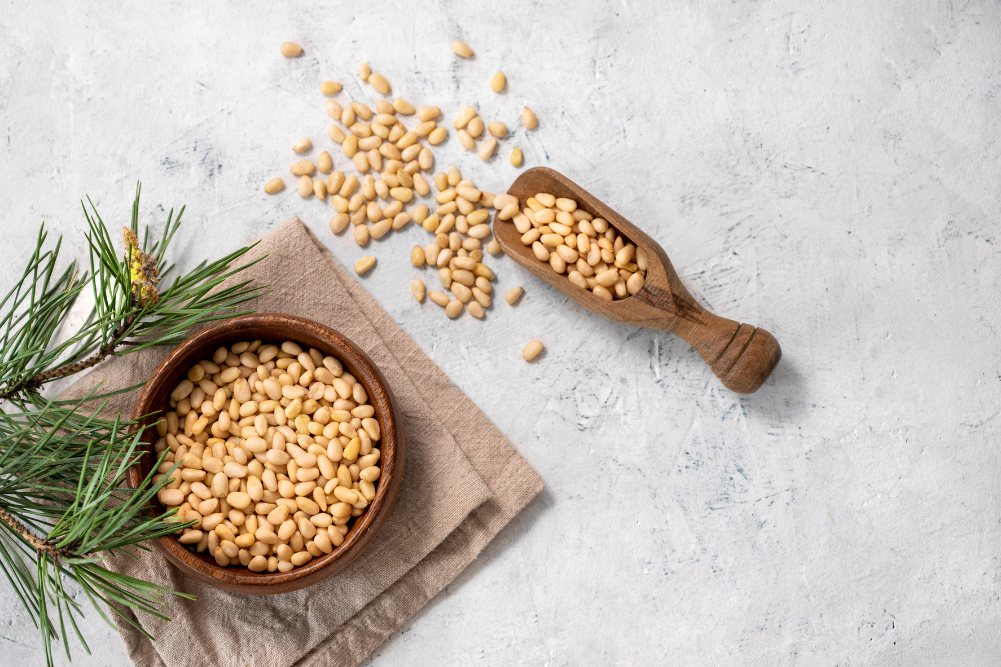Recipe
Cajun cuisine is sometimes referred to as a “rustic cuisine”, meaning that it is based on locally available ingredients and preparation is relatively simple. This dish is both easy to prepare and presents beautifully. The baked Cajun batter with the cauliflower is such an enjoyable combination.
Cheap and uber-nourishing, here’s a scrumptious recipe to enjoy sardines’ omega-3 anti-inflammatory goodness.
Pesto is a sauce originating in Genoa, the capital city of Liguria, Italy. It traditionally consists of crushed garlic, pine nuts, coarse salt, basil leaves and hard cheese such as parmesan, all blended with olive oil. Here’s a tasty recipe without the cheese and oil to create this super-delicious and healthy pasta dish.
Cooking for one doesn’t need to be a challenge. If you have a few core ingredients, you will be able to create a great pizza in a few minutes.
The name székely gulyás means “gypsy goulash” in Hungarian. Technically, this is a soupy pork dish with sauerkraut and sour cream. Swap out the pork with mushrooms to create a traditional-style vegan version at home.
Did you know that Hungarian goulash is the most famous and often-cooked dish outside the borders of Hungary? It is eaten as a main dish and is considered to be more of a soup than a stew. If cooked in the proper way, goulash has a nice and evenly thick consistency, almost like a sauce.
Based on the traditional Transylvanian stew, this recipe swaps out the meat and adds smoked tofu. The cashew sour cream creates a delicious stew that coats the vegetables with a bounty of flavour.
In a traditional Hungarian kitchen, the apple pie is usually baked in a large rectangular baking dish and not a round pie dish. As easy as apple pie, this crumble’s grandeur lies in its simplicity and simple earthy flavours. Make your own delicious desert at home!
Enjoy a cosy cup of Macacino in the comfort of your own home.
Pad thai is traditionally made with eggs, fish sauce and dried shrimps but this recipe has swapped those ingredients out to create an awesome vegan quick-to-cook version that is full of traditional flavour and texture.
Home cooking couldn’t be easier with this recipe! Simple ingredients thrown into a frying pan and heated with some condiments can create a majestic meal in just a few minutes.
Here’s a perfect meal for a hungry family on the run after school and activities. The ingredients are placed into the tortilla, placed into the frying pan and as quick as a flash it’s ready to serve.
Subscribe
Subscribe to a newsletter to receive latest post and updates
We Love















